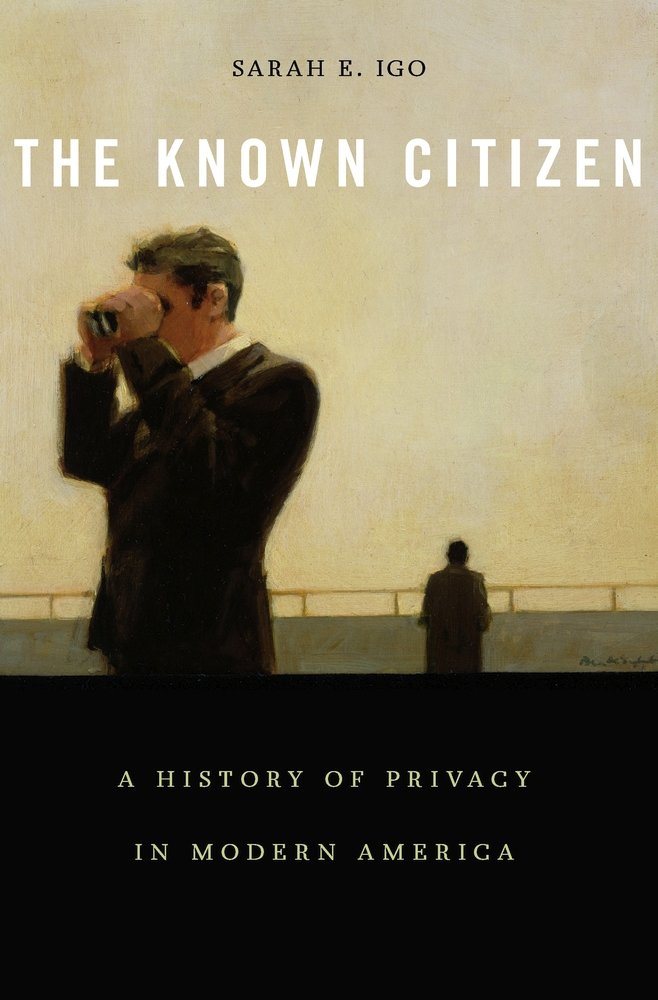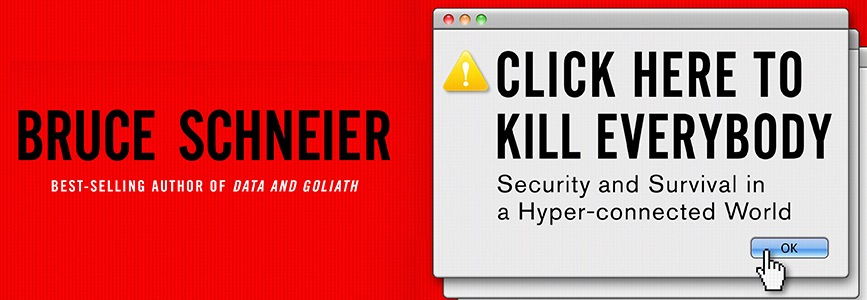
From colonial America to the present day, The Known Citizen traces a long history of laments over the supposed death of privacy in the United States. Indeed, author Sarah E. Igo suggests that many considered privacy dead as soon as the idea was first articulated. Inherent in these expressions of loss is the notion that there was something of value to begin with—that privacy was available and important, and now has slipped away. But as Igo recounts, Americans of different economic circumstances have not always enjoyed the same privacy rights to begin with.
On the one hand, Igo traces the age-old link between privacy and privilege. The ideal distilled by Warren and Brandeis—the right “to be let alone”—has in many ways been an entitlement unique to the upper classes throughout American history. It was this desire for privacy that helped shape post-war suburbia. Privacy was the luxury of a large house and a wide lawn, yet at the same time a mask for more invidious motives to flee urban centers.
But a different narrative emerges for low-income Americans. Beginning with New Deal, surrendering one’s privacy was effectively a requirement of obtaining social assistance. From probing questions by social workers about the sexual habits of female welfare recipients to voyeuristic studies by sociologists determined to help poorer African American populations, access to government benefits has often come at the cost of divulging personal information. Whether this trade-off was a fair or consensual one was given little thought until the civil rights movement gained traction in the 1960s and 70s.
Still, despite new technological threats and a history of unequal access to privacy, Igo’s book suggests that efforts to protect privacy are not in vain. Assaults on privacy are not new, and many of the ethical issues surrounding the commodification and use of personal data are centuries old. As The Known Citizen describes: although the cries that privacy is dead are oft-repeated, in truth they are calls to action.
For more information visit www.EPIC.org. Defend Privacy. Support EPIC.



